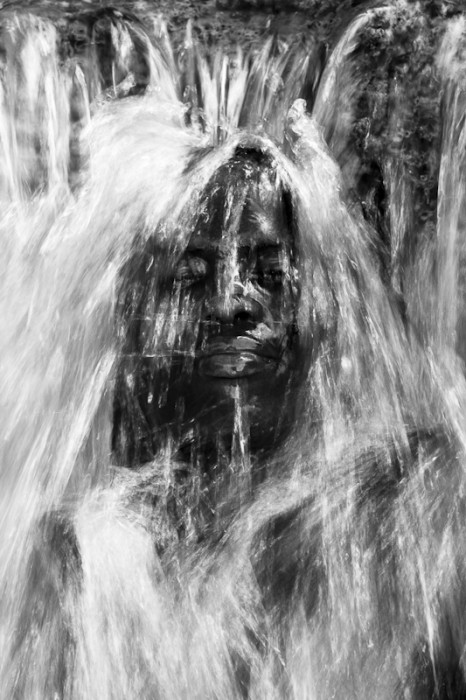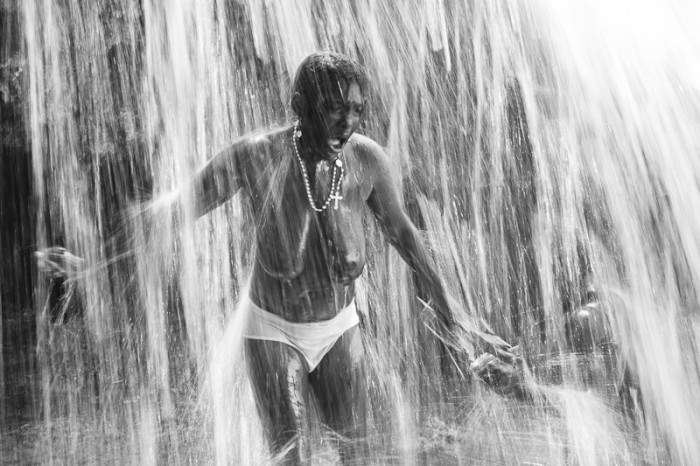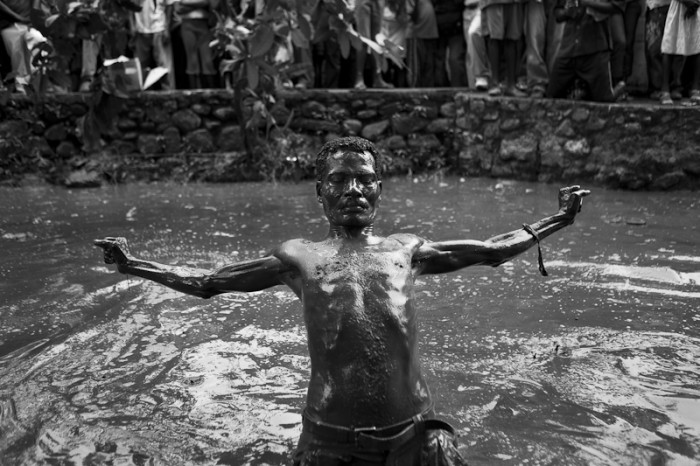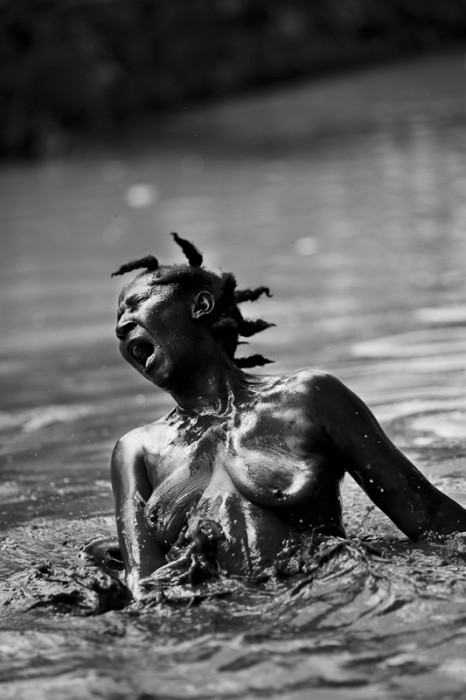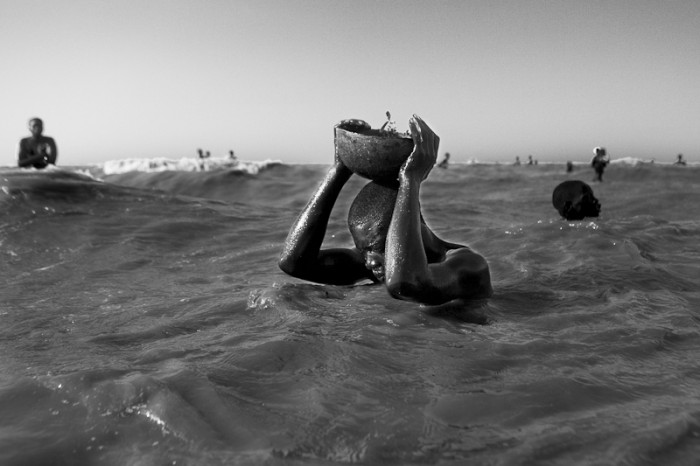Servants of the Lwa
-
PhotographerMatt Levitch, United States
-
Date of Photographonline
-
Website
Abducted and forced into barbaric slavery by the hundreds of thousands, the disparate African peoples exploited for labor on the Caribbean island of Hispaniola shared the loose spiritual bonds of their homelands. In the former French colony of Saint-Domingue, once among the richest in the world, slaves melded various African traditions rooted in ancestor worship and animism with Catholicismâ??forced upon them by their captorsâ??and remnant practices of the island's exterminated indigenous peoples, forming a new and unique religion known as Vodou. It united slaves in defiance of their oppressors, inspiring a revolution that led to the world's first republic founded by slave rebellion: the nation of Haiti.
Despite being banned and brutally suppressed during Colonial ruleâ??and demonized, maligned, and sensationalized by Western culture and popular media ever sinceâ??Vodou has survived all efforts at eradication and flourishes in Haiti to this day. It is perhaps the most widely misunderstood religion in the world. Vodou, a name derived from the word for "spirit" in the former Fon kingdom of West Africa, recognizes a single supreme deity, or God, and a pantheon of supernatural beings, which are known as Lwa in Haitian Kreyòl. These spirits embody forces and elements of nature, such as earth, water, air, and fire, and represent human values and emotions such as love, courage, wisdom, and justice.
To Vodouistsâ??as those who "serve the Lwa" are knownâ??these spirits have the ability to take control of the human body and the divine power to intercede in the affairs of man. Lwa displace the Vodouist's soul through spirit possession, and in that moment the believer transcends earthly human existence and enters the realm of the divine. As the saying goes in Haiti, "the Catholic goes to church to talk about God; the Vodouist dances in the hounfour to become God." Pilgrimages are an integral part of the religion. Some of the most important gatherings take place in the natural worldâ??the domain of many powerful Lwaâ??including waterfalls and pools, caves, and the ocean. In these journeys, pilgrims plead with the spirits for guidance and divine intervention in matters of health, love, and all sorts of personal hardship, and also give thanks for past wishes granted.
Matt Levitch is a documentary photographer whose recent work has focused on religious pilgrimages and man's spiritual connection to nature, with projects taking him to Haiti, Venezuela, and India.
